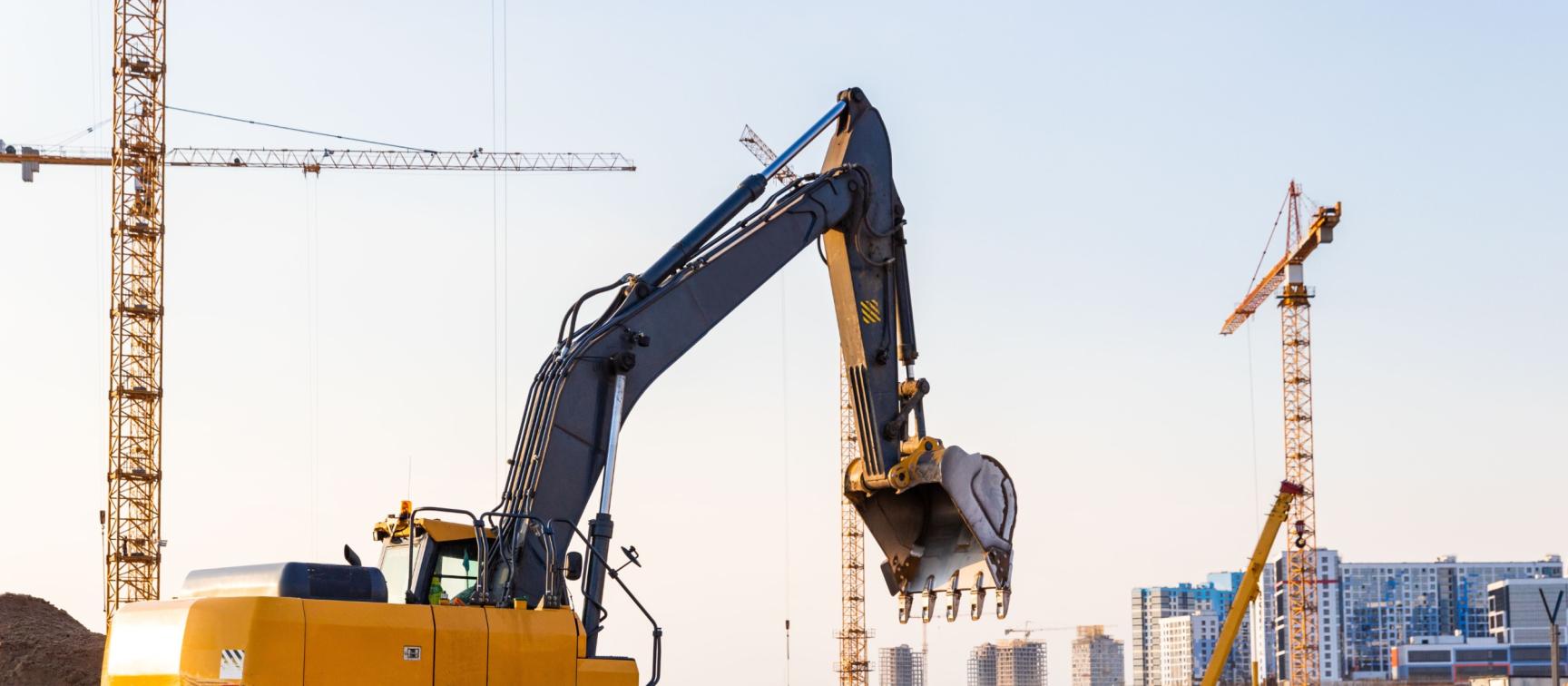
2025 Predictions for the UK Construction Industry
As we step into 2025, the UK construction industry is bracing for a year of challenges and opportunities. With economic changes, rapid technological advancements, and growing environmental awareness shaping the sector, here’s a look at what we can expect this year:
1. Sustainability Takes Centre Stage
Sustainability is no longer a buzzword; it’s becoming the cornerstone of UK construction. With the government’s target to achieve net-zero carbon emissions by 2050, we’re seeing more companies prioritising green building practices. From using sustainable materials like cross-laminated timber (CLT) to designing energy-efficient buildings, the push for eco-conscious construction is stronger than ever.
An example is the Tide Construction’s 101 George Street in Croydon, the world’s tallest modular building, which focuses on reducing waste and energy usage. The rise of circular economy principles will also encourage reusing materials across projects, reducing landfill waste significantly.
2. Accelerated Adoption of Technology
Technology is transforming construction at an unprecedented pace. Tools like Building Information Modelling (BIM) are now indispensable, helping firms streamline planning and cut costs. Artificial Intelligence (AI) and machine learning are being used for everything from predicting project delays to improving safety.
Drones are another game-changer, used for site surveys on projects such as the Thames Tideway Tunnel in London. Robots, meanwhile, are stepping in to perform repetitive tasks, which is especially helpful in addressing labour shortages. Even 3D printing is being used to create modular components, making construction quicker and more cost-effective.
3. Focus on Housing and Infrastructure
The UK’s housing crisis continues to dominate headlines, and 2025 will see a renewed focus on delivering affordable homes. Major projects like the regeneration of Birmingham’s Perry Barr area highlight the government’s commitment to tackling this issue. Similarly, ongoing infrastructure initiatives, such as HS2 and the Stonehenge Tunnel project, are set to boost demand within the sector.
4. Labour Market Challenges
Labour shortages remain one of the biggest challenges for UK construction. Brexit’s impact, combined with an ageing workforce, has left gaps that need urgent addressing. Apprenticeships and training schemes, like those supported by the Construction Industry Training Board (CITB), will play a vital role in bridging this skills gap.
Recruitment agencies are also stepping up, connecting firms with skilled workers and helping businesses navigate these workforce shortages. Initiatives like the “Build the Future” campaign will remain critical to attracting young talent into the industry.
5. Increased Focus on Health and Safety
Health and safety will stay at the forefront in 2025. With new technologies come new risks, and the industry is keen to ensure worker safety remains paramount. Wearable tech like smart helmets and vests are already being used on sites such as Hinkley Point C to monitor worker wellbeing. Enhanced training programmes and strict regulatory compliance will also be critical.
6. Economic and Regulatory Impacts
Economic uncertainty, with inflation and fluctuating interest rates, will continue to affect material costs and project financing. On the regulatory side, stricter building safety standards, introduced in response to the Grenfell Tower tragedy, will require companies to maintain the highest levels of compliance and quality.
For instance, the Building Safety Act 2022 has already started shaping practices across high-rise developments, demanding more rigorous safety checks and documentation.
7. Rise of Modular and Off-Site Construction
Prefabrication and modular construction are becoming increasingly popular. Projects like the student accommodation at the University of Sussex, built using off-site methods, demonstrate the efficiency of this approach. Modular construction not only reduces timelines and costs but also aligns well with sustainability goals by minimising waste.
If you would like advise on navigating 2025 key trends in construction with support in hiring key staff in any of the areas above or beyond, feel free to get in touch today for a chat with our experienced team tel:0115 900 3171

